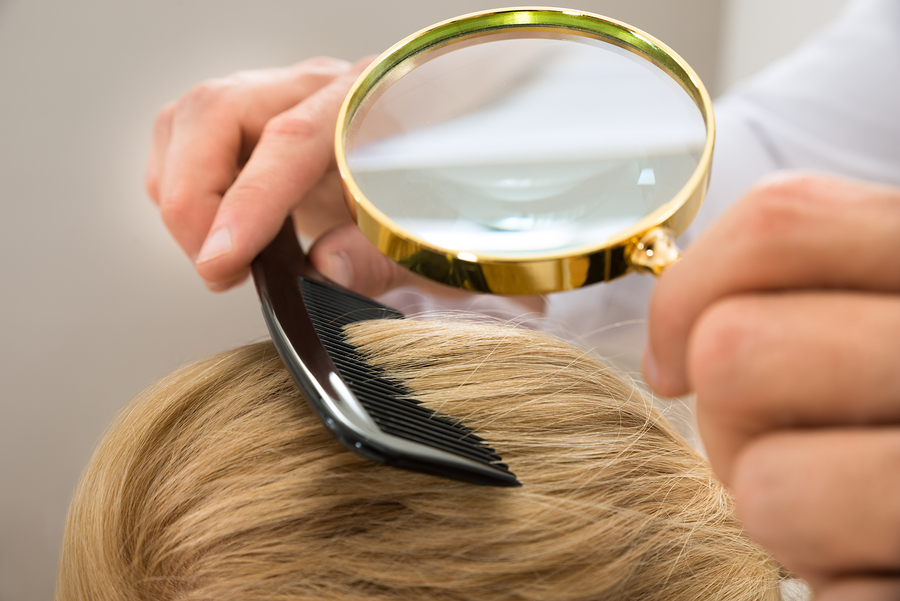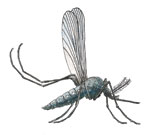READY TO GET STARTED?
REQUEST A FREE ESTIMATE
Fill out the form below or call (888) 466-7849 for a free, no-obligation estimate.

6 to 12 million children get lice each year in the U.S., according to a recent article by CNN. While this may not be news to you as a parent, what is surprising is that lice are getting harder to kill and get rid of. CNN is calling it “mutant lice”, resistant to common, over-the-counter chemical treatments used to treat lice.
According to the American Academy of Pediatrics, the first step to getting rid of lice is to use a treatment like Nix or Rid that you can find at your local drugstore. They’re easy to use and affordable, and until now, pretty effective and reliable when used correctly.
The problem: scientists are discovering that lice are beginning to become tolerant to these over-the-counter medications by gene mutation. The American Academy of Pediatrics assures us that while this isn’t a huge issue right now, it can be in the future.
So what should you be doing at home to prevent and control lice? Check your kids’ head and hair frequently, especially during the school season, and be on the lookout for frequent itching. Finding it early can reduce the chances of lice spreading to other family members or other children at school. If you find lice, use an over-the-counter treatment immediately and be sure to follow the directions. Also, it’s important to check everyone else in your home for lice (including you). Wash any clothing or bedding that the lice could have come in contact with. To prevent lice, don’t allow your children to share hats or hair brushes with other children. And if prevention and at-home treatments don’t work, contact your pediatrician.
Read the full CNN article here.
School is back in so inevitably it’s time to have “the talk”. Ya know, the one we dread every year…the talk about LICE! September is Lice Prevention Month but these days, with school starting in August, it’s best to have the conversation early!
Lice, tiny little wingless insects that make their home in human hair, spreads rapidly! On the bright side, although creepy, they do not spread disease and are by most accounts not a danger to our health. However, they are annoying and highly contagious. They can cause itchiness, redness, and even slight inflammation.
 The early spring has brought pests out in full force and we suspect that they will not be slowing down anytime soon. Not only are bugs annoying but they’re a health concern as well.
The early spring has brought pests out in full force and we suspect that they will not be slowing down anytime soon. Not only are bugs annoying but they’re a health concern as well.
Pests can carry diseases and cause areas to be unsanitary. These are issues of concern for both homes and businesses. Even the cleanest homes can have bug problems in an environment like this. Carpenter bees, mosquitoes, ants, yellow jackets, silverfish, and other pests have recently been invading properties. If you’re in the Atlanta, Columbus, Savannah, or Nashville area, call Northwest Exterminating. Our NorPest Green program was developed exclusively by Northwest Exterminating to get rid of pests using the lowest environmental impact possible. A Northwest representative will develop a customized plan to target those pests while maintaining the health of your home.
We are strategically placed throughout Georgia and Tennessee to service all areas of Georgia as well as parts of Tennessee, Alabama, and South Carolina. Visit us online or call 888.466.7849 to find the location nearest you.